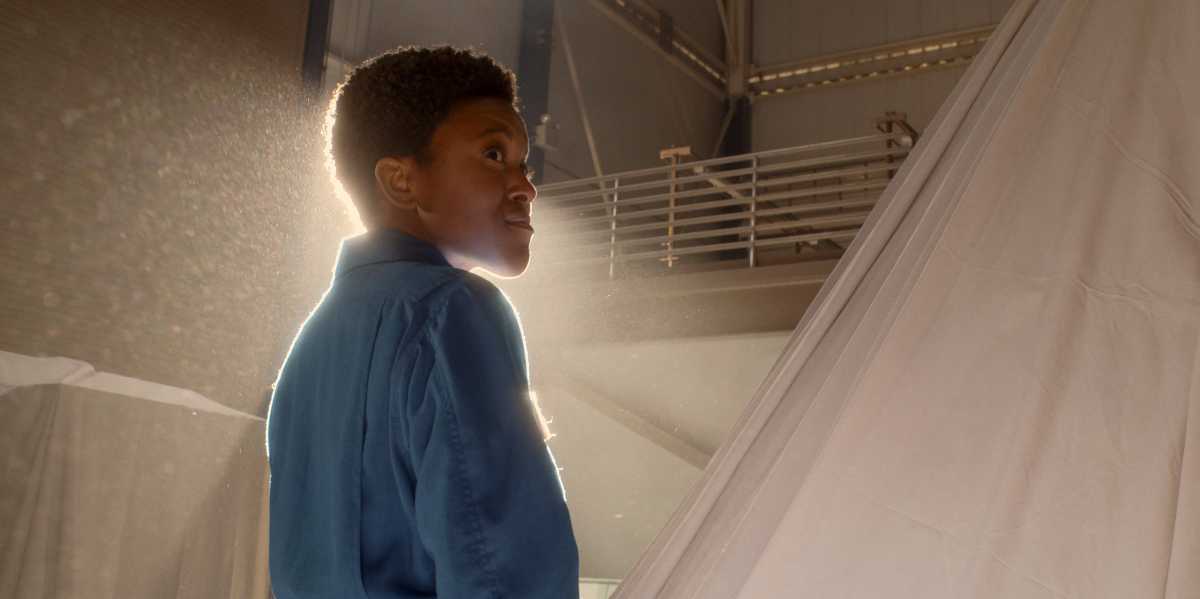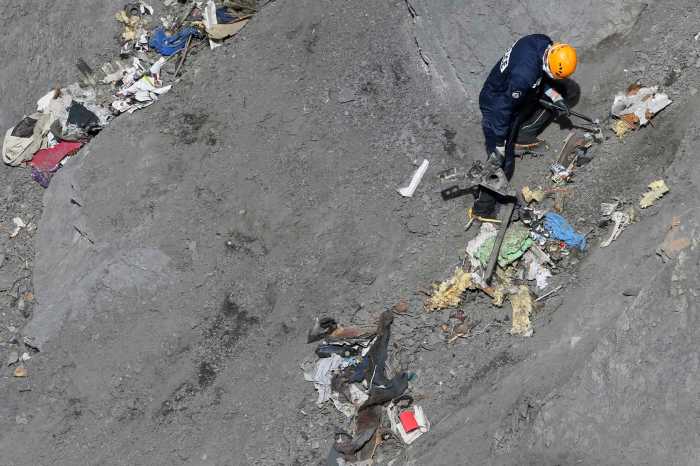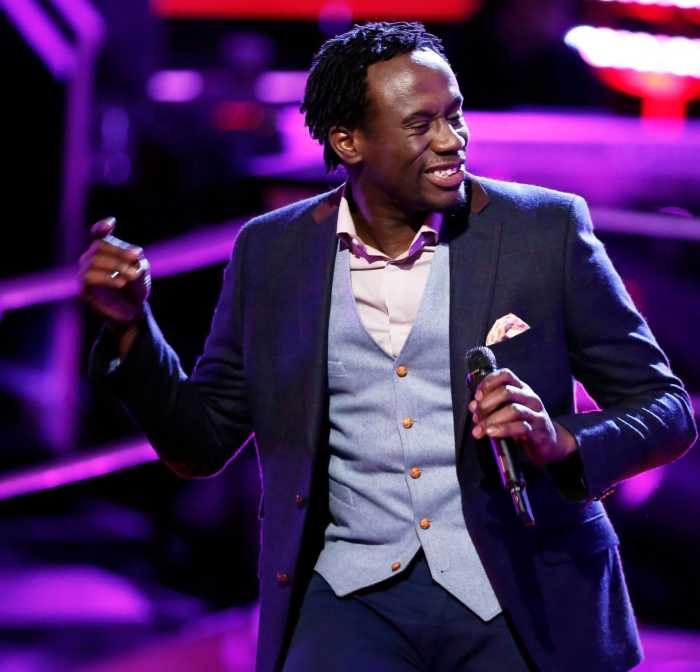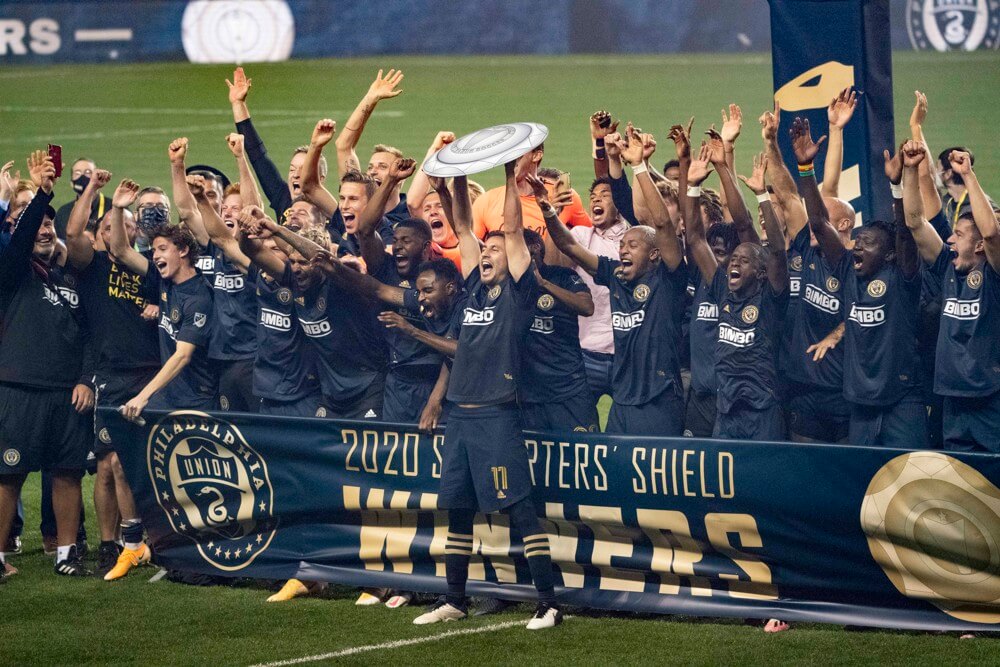History is history, and throughout our lifetimes there are certain events that stick out in our mind—for instance, the space race. We’ve learned the outcome in books surrounding how those events went down decades ago, but Apple TV+’s hit show from Ronald D. Moore is based off of one pivotal question: What if the Soviets actually made it to the moon before we did? So begins the plot for the hit show, “For All Mankind.”
Season 2 premiered last month for the sci-fi adventure series, and this time audiences are seeing the starry-eyed characters 10 years in the future as the show jumps ahead to 1983. Both Krys Marshall, who plays the ambitious astronaut Danielle, and Wrenn Schmidt who plays the astute NASA technician Margo, have high hopes for their characters, no matter what reality of history they’re in. Here’s what’s in store ‘For All Mankind’ season 2 from two of the show’s power players.
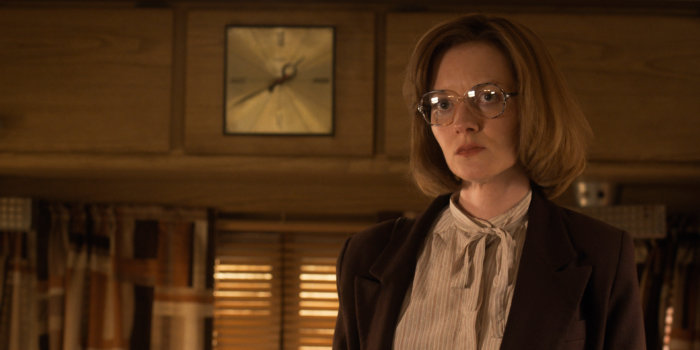
Season 2 jumps 10 years into the future. Where are audiences seeing both Dani and Margo at this point in the show?
Krys: Throughout season 1, we see Dani really play the world’s best co-pilot. She is championing the other women, she is making an enormous sacrifice to protect Gordo [Michael Dorman] and his career, [and] she is trying to prop up her husband who has come back from Vietnam and is a shell of himself. So, we’re seeing Dani really put herself dead last in an effort to take care of and protect everyone else in her life. When we see her at the top of season 2, she is the end result of what it looks like when you give and give and give. She’s emotionally pretty tired and she physically has not been back to the moon since we’ve seen her last at Jamestown, so she’s really in a bit of a well emotionally. Throughout season 2, we see her on a very sort of “Odysseus” sort of journey finding her way back to who she once was, fighting for her own voice to be heard and for herself to be in a position to command and to really get what she deserves.
Wren: Margo in season 1 made a very pompous prediction, which was that in 10 years she would be running NASA—and in less than 10 years she’s running NASA. I think Margo is a lot more confident and much more comfortable in her own skin. She was much more self-conscious in the first season about how she was perceived and where she was at in the hierarchy of NASA. So, that’s been a lot of fun to explore—what’s the change there and what’s the difference? In some ways, I think a lot of that work was done by our brilliant writers because for me, so much of it was laid out on the page already. I think just seeing her office already tells you how different things are, especially because of those montages when you line them up the first and the second season: The first one’s like a closet, then [the second is a] possible roller skating rink, it’s just massive. I also always think it’s interesting to see ladies in positions of power, because while I do think they’re no less capable of any dude, I think they bring a different energy or perspective to the job. It’s a really interesting lens to look at story-telling wise in the second season.
What do you both like about your characters?
Krys: There’s so much I love about Dani—if I had to do it all over again, there isn’t anyone else’s story that I would want to tell besides hers. One of my favorite qualities in her, I’m a pretty boisterous person and I have a lot to say, and I love that Dani is happy to support the people around her. I think so often, strength is seen as overt or strong and brutish, and I love that her strength comes from her malleability, her vulnerability and her dexterity. One of my favorite screen grabs in my mind is a Jamestown scene in season 1, when Ed [Joel Kinnaman] and Gordo are about to get into this fistfight and we’re watching these two men, two bulls in this tiny little room with both egos blaring, and then we just see Dani in the deep background holding on for dear life. Of course, she’s frightened, but in order for a kite to fly, you need someone who is holding the other end of that string, and I just love her groundedness and her quiet, long, suffering fortitude. It’s just commendable.
Wren: One of the things I really love is that there is a secret side to Margo that a lot of people don’t see. It was a lot of fun to play especially this season, what’s public Margo like versus what’s private Margo like? Even just thinking about how Margo interacts with her administrative assistant, that’s the person who in NASA knows her best and the person she’s most comfortable with and the person who sees the most of Margo. I also think that because Margo is so dedicated to her job that’s what people see first, but she’s actually really well-rounded. She’s got a great sense of humor, and you definitely see it in the second season as she’s getting more comfortable. But she also is a credible pianist—there’s this secret side, but for Margo, she chooses who she shares that with very carefully. She’s really private and I think partly that’s because when she was younger she saw that as a vulnerability, because she felt like she had to be perfect and anything that was outside of this perfect mold could be used against her. I don’t know, I feel like there are so many opportunities to play around with what’s Margo like when she knows that nobody is watching her? I think we’re all like that.
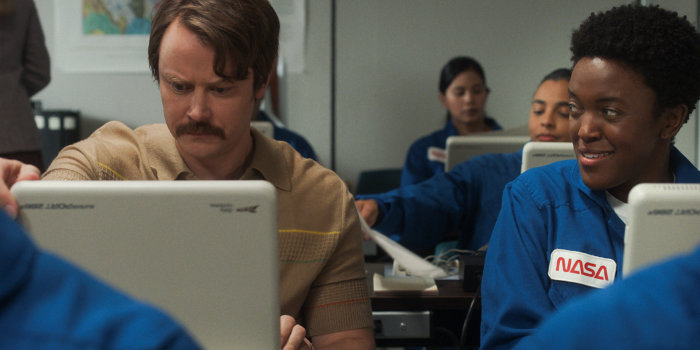
What do you think this premise of an alternate reality where history has been changed brings to the viewer experience overall?
Krys: I think it allows us to really play make-believe. In other shows, you’re sort of boxed in with what actually happened and what was actually feasible, [and] you’re sort of tied in with these real-life world events. What I love about our alternate history is that we’re still tethered to life here on earth: The nature of how men and women interact with each other, the ways women are seen in a workplace or not seen in a workplace—all of those things remain true. But, what’s sort of lovely, in the beginning of season 2, we see Thomas Payne (the head of NASA played by Dan Donohue) plug in his electric car in 1983. So, there are little winks that we see in the end of season 1and going into season 2 that we will continue to see in season 3. But, I think the ability to not be hitched to the wagon of what actually happened, it allows us to really play.
Wren: And there’s so many little easter eggs in there, like instead of an email, it’s a d-mail…There’s just so much that’s familiar. But you can be on the look out for how technology is really different, [and] I just think it’s so interesting how they weave that in.
Catch new episodes of ‘For All Mankind’ every Friday on Apple TV +



